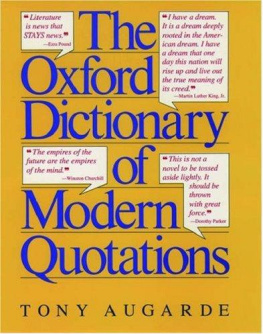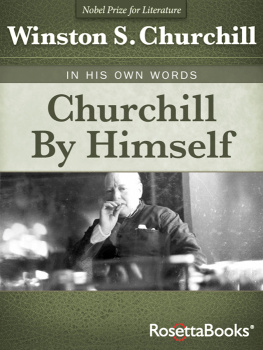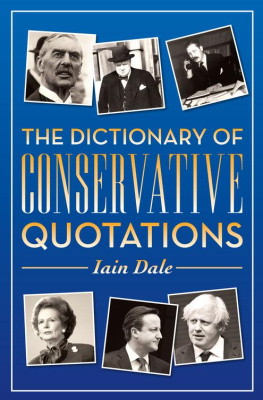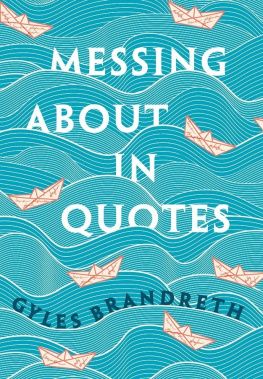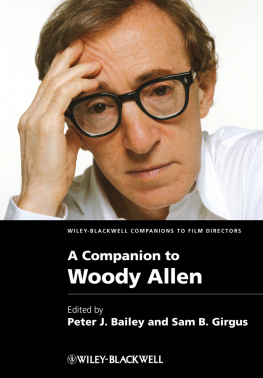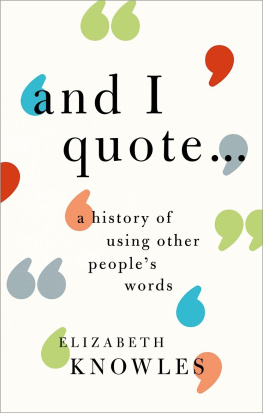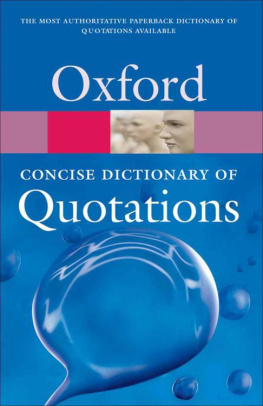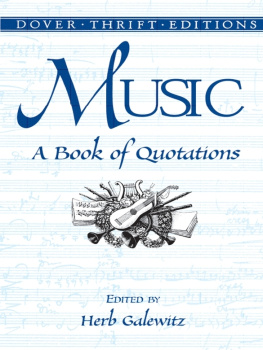The Oxford Dictionary of Modern Quotations PREFACE Preface =-=-=-=-=-=-=-=-=-=-=-=-=-=-=-=-=-=-=-=-=-=-=-=-=-=-=-=-=-=-=-=-=-=-=-=-=-=-= This is a completely new dictionary, containing about 5,000 quotations. What is a "quotation"? It is a saying or piece of writing that strikes people as so true or memorable that they quote it (or allude to it) in speech or writing. Often they will quote it directly, introducing it with a phrase like "As ---- says" but equally often they will assume that the reader or listener already knows the quotation, and they will simply allude to it without mentioning its source (as in the headline "A ros is a ros is a ros," referring obliquely to a line by Gertrude Stein). This dictionary has been compiled from extensive evidence of the quotations that are actually used in this way. The dictionary includes the commonest quotations which were found in a collection of more than 200,000 citations assembled by combing books, magazines, and newspapers. For example, our collections contained more than thirty examples each for Edward Heath's "unacceptable face of capitalism" and Marshal McLuhan's "The medium is the message," so both these quotations had to be included.
As a result, this book is not--like many quotations dictionaries--a subjective anthology of the editor's favourite quotations, but an objective selection of the quotations which are most widely known and used. Popularity and familiarity are the main criteria for inclusion, although no reader is likely to be familiar with all the quotations in this dictionary. The book can be used for reference or for browsing: to trace the source of a particular quotation or to find an appropriate saying for a special need. The quotations are drawn from novels, plays, poems, essays, speeches, films radio and television broadcasts, songs, advertisements, and even book titles. It is difficult to draw the line between quotations and similar sayings like proverbs, catch-phrases, and idioms. For example, some quotations (like "The opera ain't over till the fat lady sings") become proverbial.
These are usually included if they can be traced to a particular originator. However, we have generally omitted phrases like "agonizing reappraisal" which are covered adequately in the Oxford English Dictionary. Catch-phrases are included if there is evidence that they are widely remembered or used. We have taken care to verify all the quotations in original or authoritative sources--something which few other quotations dictionaries have tried to do. We have corrected many errors found in other dictionaries, and we have traced the true origins of such phrases as "There ain't no such thing as a free lunch" and "Shaken and not stirred." The quotations are arranged in alphabetical order of authors, with anonymous quotations in the middle of "A." Under each author, the quotations are arranged in alphabetical order of their first words. Foreign quotations are, wherever possible, given in the original language as well as in translation.
Authors are cited under the names by which they are best known: for example, Graham Greene (not Henry Graham Greene); F. Scott Fitzgerald (not Francis Scott Key Fitzgerald); George Orwell (not Eric Blair); W. C. Fields (not William Claude Dukenfield). Authors' dates of birth and death are given when ascertainable. The actual writers of the words are credited for quotations from songs, film-scripts, etc.
The references after each quotation are designed to be as helpful as possible, enabling the reader to trace quotations in their original sources if desired. The index (1) has been carefully prepared--with ingenious computer assistance--to help the reader to trace quotations from their most important keywords. Each reference includes not only the page and the number of the quotation on the page but also the first few letters of the author's name. The index includes references to book-titles which have become well known as quotations in their own right. One difficulty in a dictionary of modern quotations is to decide what the word "modern" means. In this dictionary it means "twentieth-century." Quotations are eligible if they originated from someone who was still alive after 1900.
Where an author (like George Bernard Shaw, who died in 1950) said memorable things before and after 1900, these are all included. This dictionary could not have been compiled without the work of many people, most notably Paula Clifford, Angela Partington, Fiona Mullan, Penelope Newsome, Julia Cresswell, Michael McKinley, Charles McCreery, Heidi Abbey, Jean Harder, Elizabeth Knowles, George Chowdharay-Best, Tracey Ward, and Ernest Trehern. I am also very grateful to the OUP Dictionary Department's team of checkers, who verified the quotations at libraries in Oxford, London, Washington, New York, and elsewhere. James Howes deserves credit for his work in computerizing the index. The Editor is responsible for any errors, which he will be grateful to have drawn to his attention. As the quotation from Simeon Strunsky reminds us, "Famous remarks are very seldom quoted correctly," but we have endeavoured to make this book more accurate, authoritative, and helpful than any other dictionary of modern quotations.
TONY AUGARDE (1) Discussions of the index features in this preface and in the "How to Use this Dictionary" section of this book refer to the hard-copy edition printed in 1991. No index has been included in this soft-copy edition. See "Notices" in topic NOTICES for additional information about this soft-copy edition. HOWTO How to Use this Dictionary =-=-=-=-=-=-=-=-=-=-=-=-=-=-=-=-=-=-=-=-=-=-=-=-=-=-=-=-=-=-=-=-=-=-=-=-=-=-= HOWTO.1 General Principles =-=-=-=-=-=-=-=-=-=-=-=-=-=-=-=-=-=-=-=-=-=-=-=-=-=-=-=-=-=-=-=-=-=-=-=-=-=-= The arrangement is alphabetical by the names of authors: usually the names by which each person is best known. So look under Maya Angelou, not Maya Johnson; Princess Anne, not HRH The Princess Royal; Lord Beaverbrook, not William Maxwell Aitken; Irving Berlin, not Israel Balin; Greta Garbo, not Greta Lovisa Gustafsson, Anonymous quotations are all together, starting in "Anonymous" in topic 1.43 They are arranged in alphabetical order of their first significant word. Under each author, quotations are arranged by the alphabetical order of the titles of the works from which they come, even if those works were not written by the person who is being quoted.
Poems are usually cited from the first book in which they appeared. Quotations by foreign authors are, where possible, given in the original language and also in an English translation. A reference is given after each quotation to its original source or to an authoritative record of its use. The reference usually consists of either (a) a book-title with its date of publication and a reference to where the quotation occurs in the book; or (b) the title of a newspaper or magazine with its date of publication. The reference is preceded by "In" if the quotation comes from a secondary source: for example if a writer is quoted by another author in a newspaper article, or if a book refers to a saying but does not indicate where or when it was made. HOWTO.2 Examples =-=-=-=-=-=-=-=-=-=-=-=-=-=-=-=-=-=-=-=-=-=-=-=-=-=-=-=-=-=-=-=-=-=-=-=-=-=-= Here are some typical entries, with notes to clarify the meaning of each part.
Charlie Chaplin (Sir Charles Spencer Chaplin) 1889-1977 All I need to make a comedy is a park, a policeman and a pretty girl. My Autobiography (1964) ch. 10 Charlie Chaplin is the name by which this person is best known but Sir Charles Spencer Chaplin is the name which would appear in reference books such as Who's Who. Charlie Chaplin was born in 1889 and died in 1977. The quotation comes from the tenth chapter of Chaplin's autobiography, which was published in 1964. Martin Luther King 1929-1968 Injustice anywhere is a threat to justice everywhere.
Letter from Birmingham Jail, Alabama, 16 Apr. 1963, in Atlantic Monthly Aug. 1963, p. 78 Martin Luther King wrote these words in a letter that he sent from Birmingham Jail on 16 April 1963. The letter was published later that year on page 78 of the August issue of the Atlanta Monthly. Dorothy Parker 1893-1967 One more drink and I'd have been under the host.
Next page
